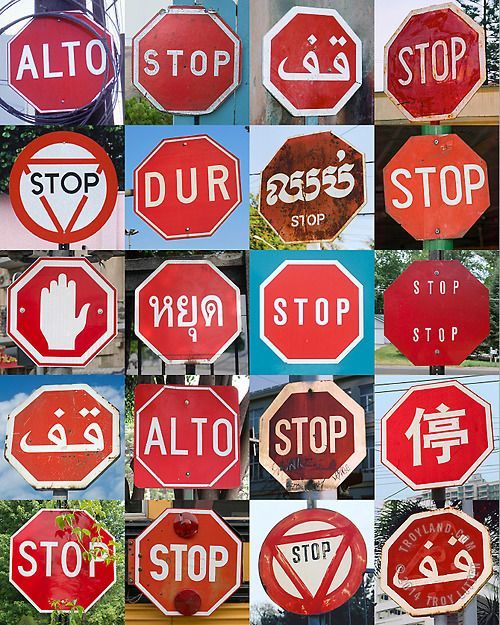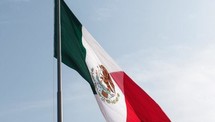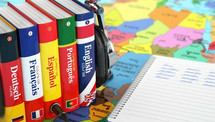Interesting Facts About Punctuation in Different Languages
“When are we going to eat, mom?” or “When are we going to eat mom?”
What a difference is made by a simple punctuation mark! And as we learn to write, we must learn language punctuation, if our writing is to be understood by a reader.
And so it is in every written language on the planet. There are punctuation “rules” that must be followed. But a punctuation mark in different languages can be strange to us unless we understand what those marks mean. Further, there are unusual punctuation marks that we will not understand unless we make a commitment to study those languages or at least study those marks specifically. Learning a spoken language is one thing – learning to write in that language requires much more, and that “much more” includes punctuation.
To show the importance of learning punctuation in becoming proficient in a language, consider just these facts about punctuation in different languages:
Where Punctuation Began
Punctuation marks were first used for oral speeches. In ancient Greece and Rome, when orators gave speeches, primarily in their governmental bodies, they developed forms of punctuation that would cue them when to pause and how long those pauses should be. The comma was for a short pause; the period for a longer pause. These obviously made their way into written language and are used in written languages of Western societies.
The Greeks Have Devised Some Unusual Punctuation Marks
In the Greek language, the semi-colon is used as the end mark for a question. So, the question, “Are you ready?” becomes “Are you ready;”
Useful information: It is always better to hire professionals to provide you with the best English to Korean translation service.
Spanish Questions and Exclamations
Anyone who has studied Spanish might be confused by these weird punctuation marks. A question in Spanish has an inverted question mark at the beginning and an upright question mark at the end. The same is true for exclamation points.
Read also: Certified Spanish translations services for legal, business, technical documents - let professionals do work for you.
Numbers in Different Languages Symbols
In the U.S. and UK, as well as in many other countries, large numbers are separated by commas. Thus, a million is written as 1,000,000. In France and Germany, however, the commas are replaced by periods. So, one million becomes 1.000.000. And while we use periods for decimals (e.g., .50), the Germans and French use commas. Thus .50 becomes ,50.
The same goes for money in these two countries. We print a price as $4.50, but it becomes 4,50 € in these two countries. And the monetary symbol comes after the price, not before.
Useful information: With English to Arabic translation services be confidents that your papers are free from mistakes.
Requirements for Space in Other Languages
In most languages, sentences end with a punctuation mark immediately following that sentence. But the end in some languages may be different. For example, in French, a writer must place a space before and after certain punctuation marks (notably colons, semi-colons, exclamation points, question marks, the per cent symbol, and the monetary sign and a certified french translator knows that for sure).
Read also: Get a flawless translation from experts who know all the peculiarities at Vietnamese to English translation service.
When Languages are Written Left to Right
Arabic and Hebrew are just two languages that are written left to right. In Arabic, question marks and commas are actually reversed (؟) (،). In Hebrew, they are in the more familiar English format.
So, here are 6 interesting facts about punctuation in different languages. There are many more, of course. For example, in the Thai language, there are no spaces between words, but symbols to separate syllables instead – a bit weird to those of us who are Westerners. The point is this: if you plan to master bother verbal and written communication in a foreign language, you cannot ignore punctuation.
Read also: Expert translators at a professional translation service will take care of punctuation in all documents.
A Bonus – One Universal Symbol
While not punctuation per se, there is one rather universal symbol that you will always recognize as you travel to foreign lands – the stop signs in different languages. Take a look at these:

Have you encountered odd punctuation as you study foreign languages? Feel free to contribute those in the comment thread below.























